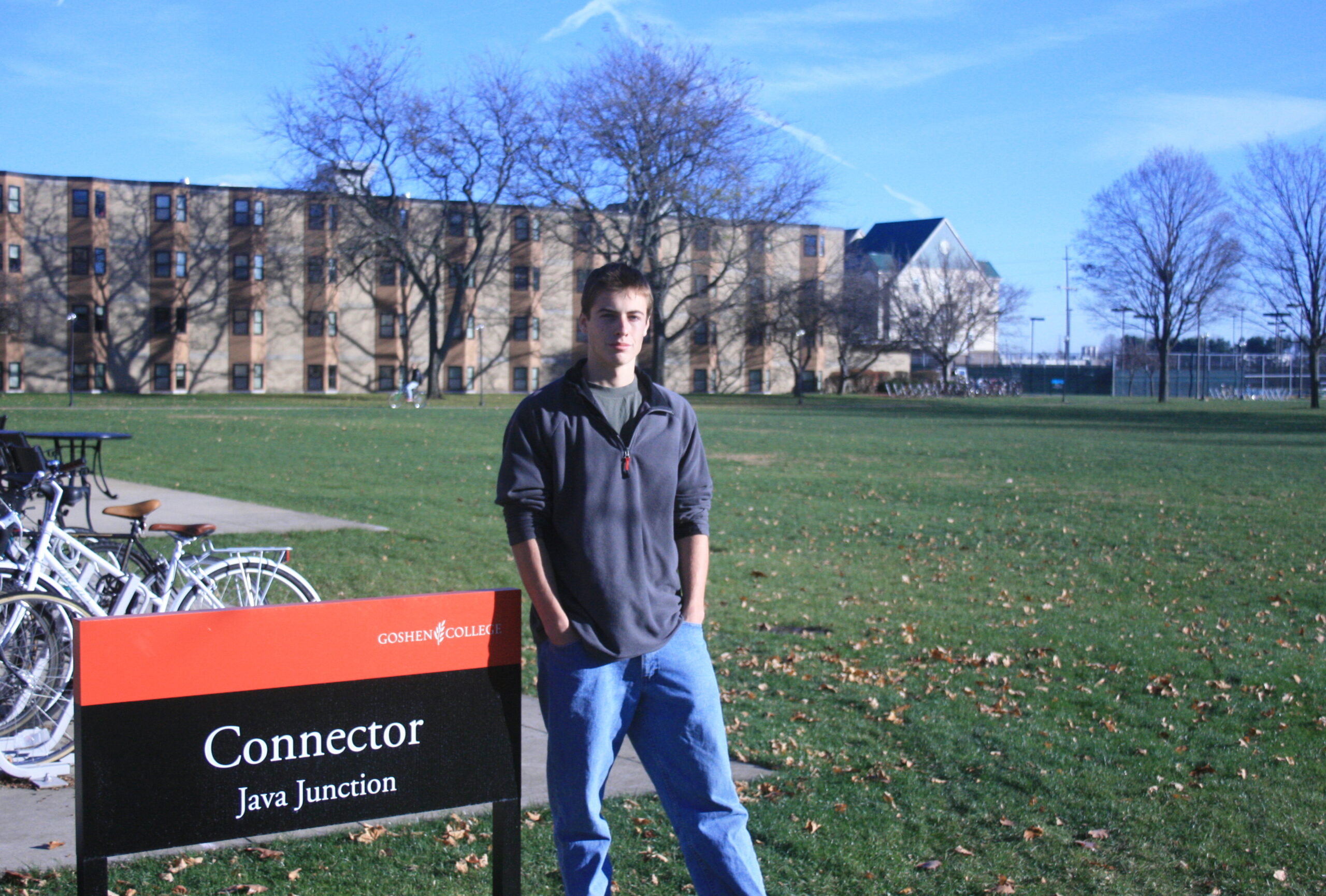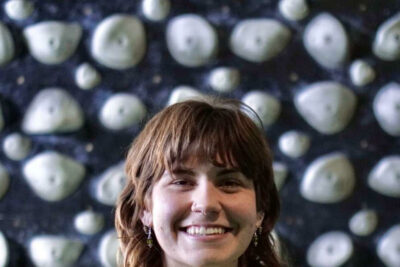Seth Zimmerman, a freshman, has lived in rural New York, New York City, India, England, Germany and now Indiana.
“In reality,” he said, “there is no one spot on earth I can truly call home.” He has never found himself in the same place for more than seven years.Zimmerman grew up in southwestern Pennsylvania and upstate New York until his family moved to Harlem, New York in 2006, where they helped start a small branch of the international Christian community movement, Bruderhof.
When he lives in the Bruderhof, Zimmerman has no real possessions of his own; the community is based on the directive in Acts 4:3 to share all things in common. This means meals, houses, cars and utilities.
He began attending Frederick Douglas Academy, located across the Harlem River from Yankee Stadium. He and his two older brothers, Ryan and Derek, helped comprise the 1 percent of the student body who were white.
Zimmerman said that the sixth grade experience made him conscious of the role race plays in shaping people’s identities. “The most memorable encounter of my first day at FDA was when an 8th grader declined a chess game with me on the basis of ‘my little white butt,’” said Zimmerman. “I couldn’t stand it, but could understand it.”
Eventually, after two years, Harlem began to feel like home. “I grew into my own, as I made friends on the baseball and chess teams, my own friends – not those who referred to me as ‘Derek or Ryan’s little brother.’” He said he “loved the culture, music, and general upbeat pace” of living there.
Then, during Zimmerman’s sophomore year, his father’s publishing job for the community movement led the family to an ashram in India for three months. Hesitantly, Zimmerman departed with his family for India, unprepared for how the experience would shape him.
“The worst I’d seen in Harlem had hardened my heart, but the children I was working with [in India] — illustrations of malnutrition, abuse, and neglect — melted it,” Zimmerman said. “Living in India broadened my appreciation for the undervalued basic necessities of Western life (showers, clean dwellings and food) and made me cognizant of the waste that the West produces.”
After those three months, Zimmerman found himself in England, finishing his high school education. He spent three years at a private boarding school while his father found work in Germany as a translator.
“Living in Europe felt like an extended visit to me, more than feeling like home,” he said. “I was fascinated by the history, every little town has a church built a thousand years ago, and enjoyed the general cultures of those countries — the inspired soccer games and pubs that kept the townships posted on all the goings-on. When homesick for the States, I enjoyed the British countryside, and ran by myself for hours training for cross-country. Cross-country helped form my identity. The thrill of this exercise filled the void opened when I couldn’t find a baseball team.”
Throughout those three years in England, Zimmerman spent his summers in Germany with his parents. “Germany felt like home in some ways,” he said. “My parents lived there and that’s what I looked forward to when I went home. But in other ways it was just a fresh, new experience — like England in terms of history, but also just so … German.”
The day after high school graduation, Zimmerman boarded a plane and headed for the States. When he arrived in the States, he lived at Woodcrest, New York in a Bruderhof community similar to the one he had lived in with his parents in Germany.
“Woodcrest was foundational for me before going to college; it was there that I was baptized, and essentially declared to make my home where Jesus leads me to … which right now is Goshen College!” he said. “I have yet to discover exactly where home is, and how it will affect the rest of my life, but as of now am keen on pursuing some career, hopefully linked to writing or history, that can help put my values into practice. ”
Said Zimmerman, “‘The ‘Rott’ is almost as friendly a place to eat as the common dining room I have eaten in on Bruderhof … but food-wise, I have to say I prefer the taste of home.”

